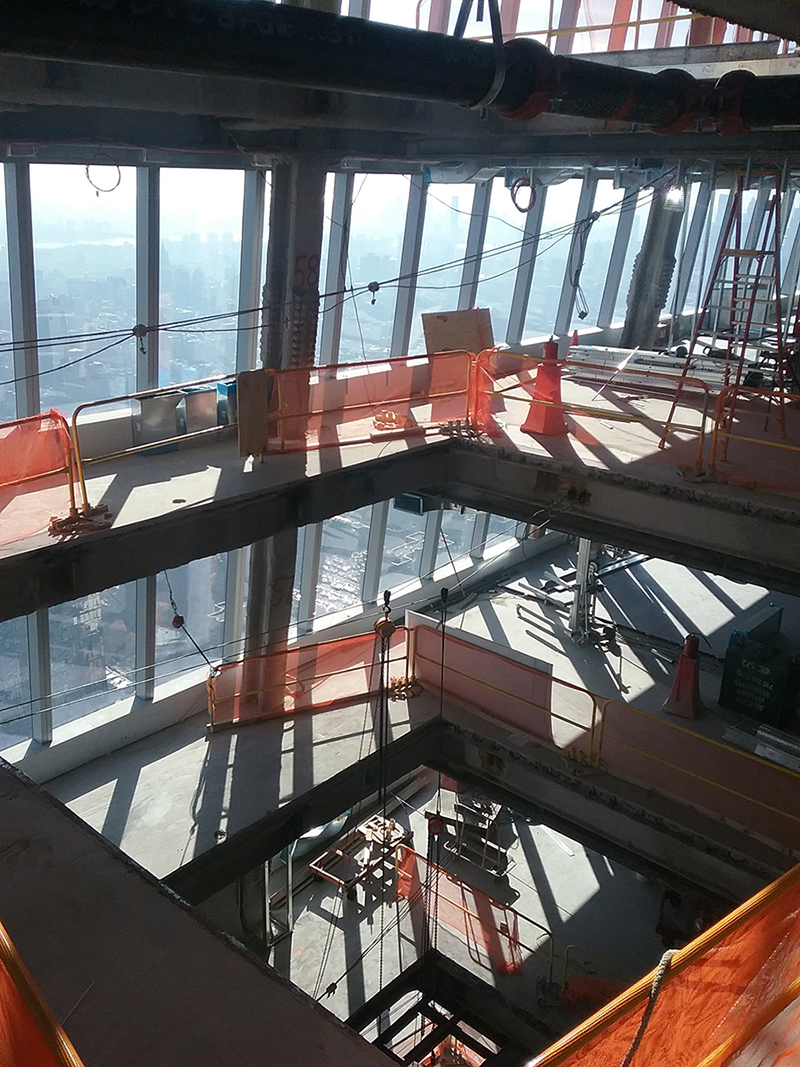August 2, 2020
COVID-19
Opeolu Sehindemi
What’s changed is people are gone. Things are in a permanent state of uncertainty and fear. Those whom I love need constant daily reassurance, but it is hard to look someone in the face and say, “Everything will be okay,” when yet another person has passed away that morning. I can see the toll it is taking on their faces, and I can feel depression in my heart. My daily life now involves checking in with people in the at-risk categories. If I fail to do so I may miss my last opportunity to have a conversation with them before they leave this earth. I’ve stopped counting the numbers of people I’ve had pass. When you get past 10 you don’t want to anymore.
The thing that has changed the most is that I don’t smile anymore. When you realize that your family, your friends, and other people of color from your neighborhood are being overlooked by the government and healthcare industry, are receiving substandard health care, and are three times as likely to pass away from the virus as Caucasians and the affluent, it can create a real cloud that hovers over everything you do. I struggle to find joy in things that used to excite me.
The pandemic won’t change my plans for after the quarantine is lifted. I will still be working towards my A card and attending classes. However, there will be fewer people in my life around to see me make it there. One thing that has changed in society is that my friends, family, and I don’t ask people how they’re doing anymore. Usually the answer is some form of the word “badly”. Sometimes they will have news that someone they know has passed which will bring to the forefront those that I have lost. There isn’t any benefit to asking. Instead we say, “I hope nothing has gotten worse for you.”

Escher’s Escalator
Emily Lawless Taffe

Controlled Access
Emily Lawless Taffe